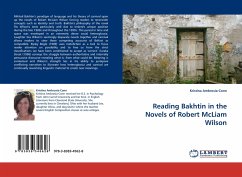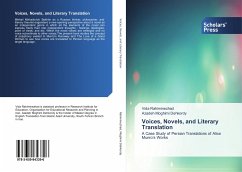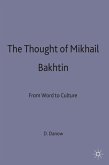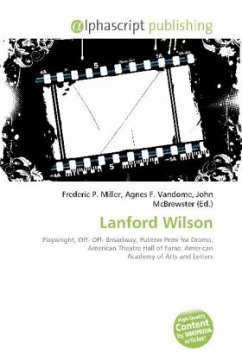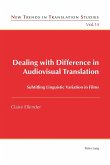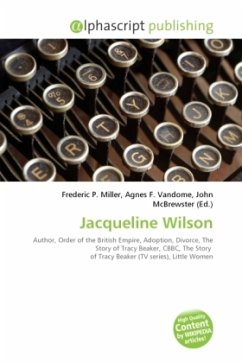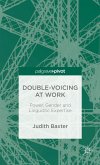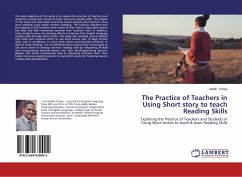Mikhail Bakhtin's paradigm of language and his theory of carnival open up the novels of Robert McLiam Wilson forcing readers to reconsider concepts such as identity and truth. Bakhtin's philosophy of the novel fits Wilson's texts particularly well due to Ireland's unique position during the late 1980s and throughout the 1990s. This period in time and space was enveloped in an extremely dense social heteroglossia. Laughter ties Wilson's seemingly disparate novels together and carnival allows readers to view these competing accounts of Belfast as compatible. Ripley Bogle (1989) uses metafiction as a tool to focus reader attention on possibility and to free us from the strict classifications we have been conditioned to accept as 'correct'. Eureka Street (1996) conveys the struggle between authoritative and internally persuasive discourse revealing what is, from what could be. Meaning is contextual and Wilson's strength lies in his ability to juxtapose conflicting narratives to illustrate how heteroglossia and carnival are continually reworking linguistic material to create new meanings.
Bitte wählen Sie Ihr Anliegen aus.
Rechnungen
Retourenschein anfordern
Bestellstatus
Storno

